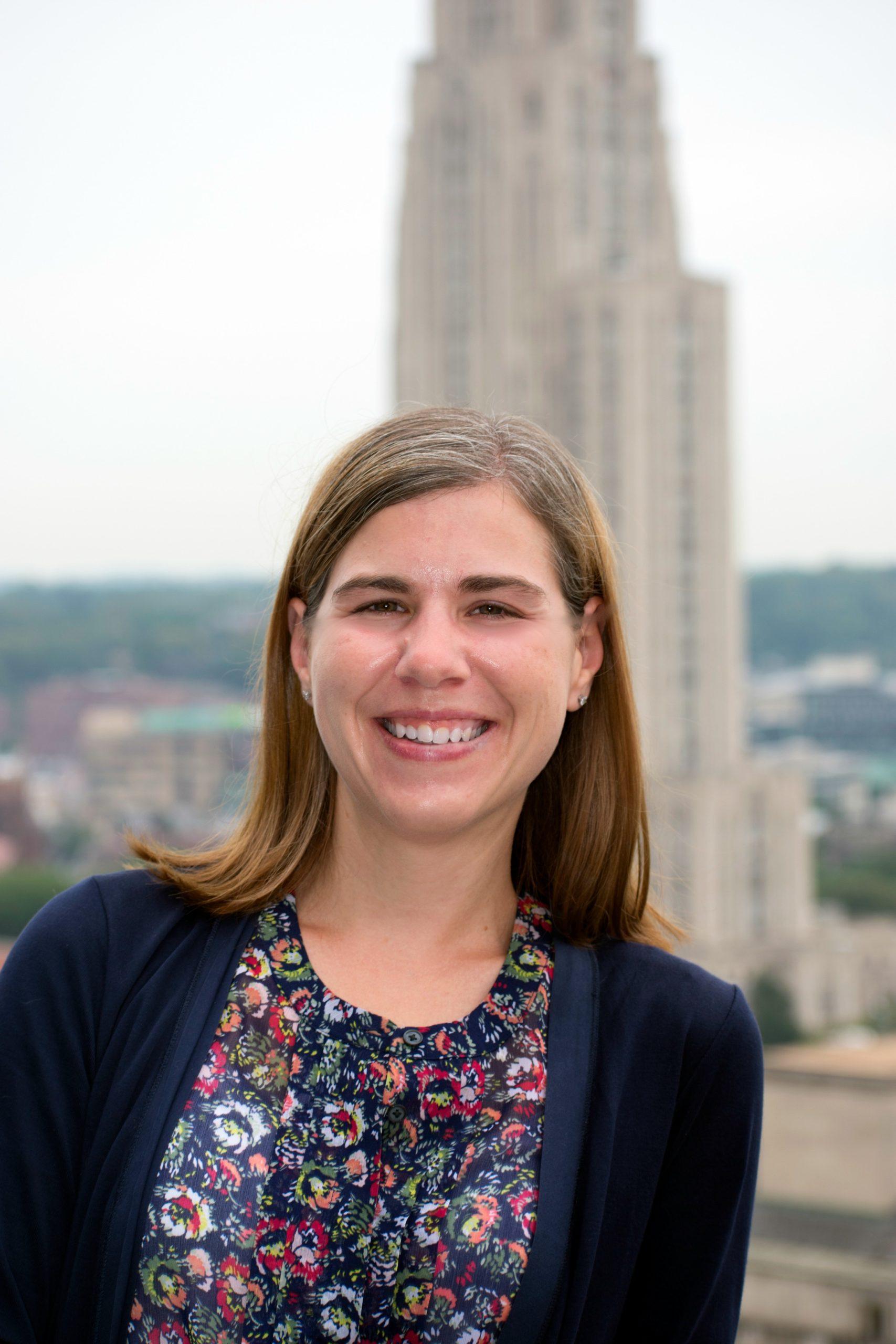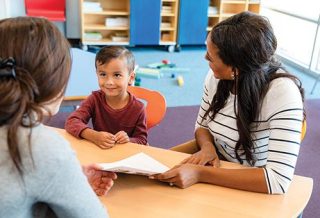FOCUS
Teacher leaders make change ideas stick
By Sara DeMartino, Glenn Nolly and Anthony Petrosky
Categories: Improvement science/networks, Mentoring & induction, Teacher leadershipApril 2023
Read the remaining content with membership access. Join or log in below to continue.
Sed ut perspiciatis unde omnis iste natus error sit voluptatem accusantium doloremque laudantium, totam rem aperiam, eaque ipsa quae ab illo inventore veritatis et quasi architecto beatae vitae dicta sunt explicabo. Nemo enim ipsam voluptatem quia voluptas sit aspernatur aut odit aut fugit, sed quia consequuntur magni dolores eos qui ratione voluptatem sequi nesciunt. Neque porro quisquam est, qui dolorem ipsum quia dolor sit amet, consectetur, adipisci velit, sed quia non numquam eius modi tempora incidunt ut labore et dolore magnam aliquam quaerat voluptatem.
References
Brown, A. (2020). Curanderismo. In Sana Sana. Game Over Books.
Davis, D.S. & Vehabovic, N. (2017). The dangers of test preparation: What students learn (and don’t learn) about reading comprehension from test‐centric literacy instruction. The Reading Teacher, 71(5), 579-588.
Hill, H.C. & Papay, J.P. (2022). Building better PL: How to strengthen teacher learning. Research Partnership for Professional Learning.
McConachie, S.M. & Petrosky, A.R. (2009). Content matters: A disciplinary literacy approach to improving student learning. John Wiley & Sons.
Odell, S.J. & Ferraro, D.P. (1992). Teacher mentoring and teacher retention. Journal of Teacher education, 43(3), 200-204.
TEA. (2019). Texas Education Agency 2018-19 school report card W H ADAMSON H S (057905002). Author. mydata.dallasisd.org/docs/SRC/1819/SRC/201819_SRC_2.pdf
Wang, J. & Odell, S.J. (2002). Mentored learning to teach according to standards-based reform: A critical review. Review of Educational Research, 72(3), 481-546.
Categories: Improvement science/networks, Mentoring & induction, Teacher leadership
Recent Issues
NAVIGATING NEW ROLES
April 2025
Whether you’re new to your role or supporting others who are new,...
LEARNING DESIGNS
February 2025
How we learn influences what we learn. This issue shares essential...
BUILDING BRIDGES
December 2024
Students benefit when educators bridge the continuum of professional...
CURRICULUM-BASED PROFESSIONAL LEARNING
October 2024
High-quality curriculum requires skilled educators to put it into...













